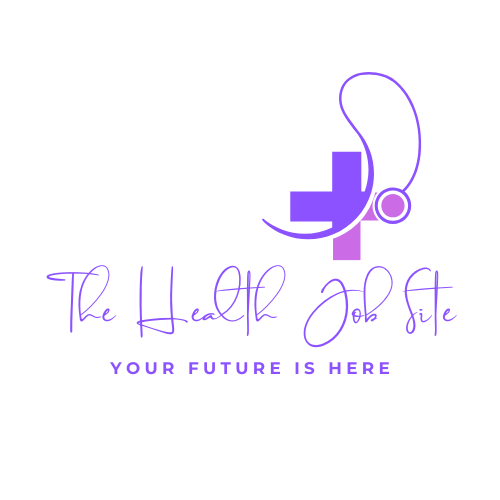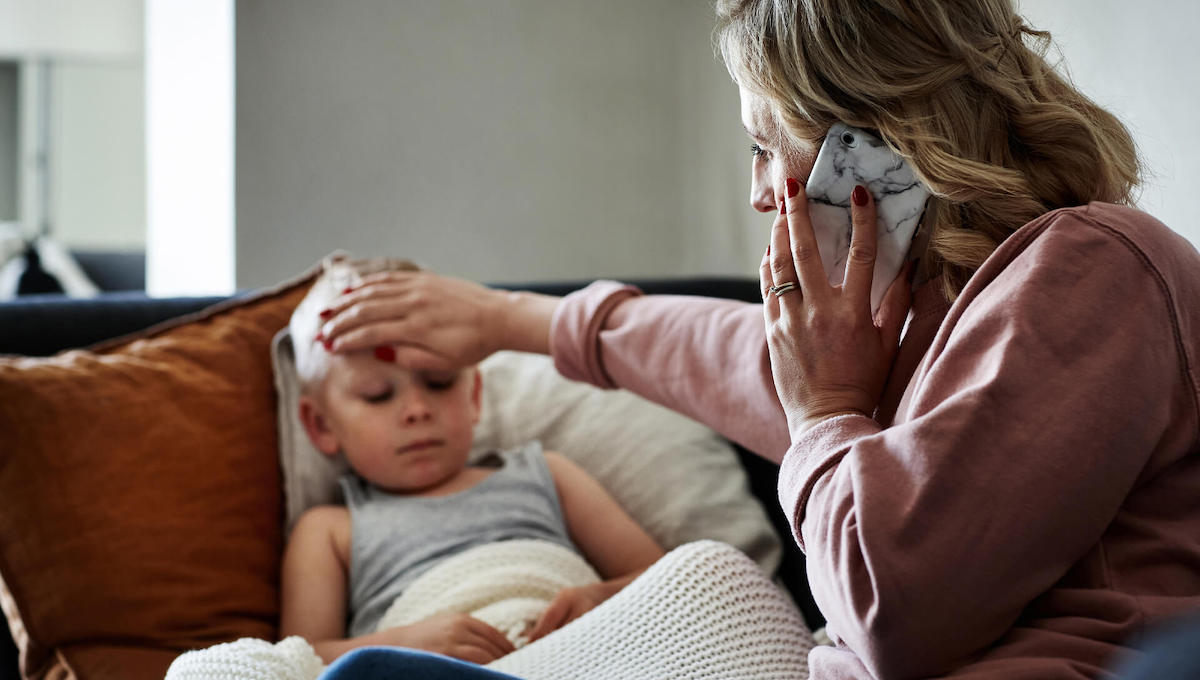What should parents be aware of coronavirus variants in babies and children?
Coronavirus variants, including those with changes that make them more contagious, continue to spread, particularly in regions with low paces of community COVID-19 vaccination.
For children too youthful to possibly be vaccinated (and grown-ups who have not received coronavirus vaccines) it is vital to follow demonstrated COVID-19 precautions such as cover wearing when in public, indoor places to reduce the chance of becoming infected with the coronavirus.
“Indoor activities are riskier than open air activities, yet risk can be reduced by veiling, distancing, hand washing, and further developed ventilation,” Milstone says.
Parents and caregivers should comprehend that children infected with the coronavirus can foster complications requiring hospitalization, and can communicate the infection to other people.
In uncommon cases, children infected with the coronavirus can foster a serious lung infection and become exceptionally sick with COVID-19, and passings have occurred. That is the reason it is essential to involve precautions and forestall infection in children as well as grown-ups.
Can newborns and babies get COVID-19?
Apparently ladies infected with the coronavirus can, in extremely uncommon cases, pass the disease to her child. Babies can likewise become infected soon after being conceived. According to the U.S. Centers for Disease Control and Prevention (CDC), most newborns who test positive for the coronavirus have gentle symptoms or none by any means, and recover, however serious cases have occurred. Pregnant ladies should play it safe, including conversing with your doctor about getting a COVID-19 vaccine, to keep away from the coronavirus.
There is no evidence that the infection causing COVID-19 is available in bosom milk but since there is plausible of spreading COVID-19 during breastfeeding through respiratory drops, observing security guidelines is vital. Look into COVID and breastfeeding.
COVID symptoms in babies, toddlers and children?
For the most part, COVID-19 symptoms in kids and babies are milder than those in grown-ups, and a few infected children might not have any indications of being sick whatsoever.
COVID-19 symptoms for children and grown-ups include:
-
Cough
-
Fever or chills
-
Shortness of breath or difficulty breathing
-
Muscle or body aches
-
Sore throat
-
New loss of taste or smell
-
Diarrhea
-
Headache
-
New fatigue
-
Nausea or vomiting
-
Congestion or runny nose
A few symptoms of COVID-19 and this season’s virus are shared and it could be difficult to figure out which of either may be available.
“Individuals with influenza like symptoms should be careful about uncovering others and should get tried to check whether they have COVID,” says Milstone. “Testing for flu infection can likewise be significant, as accessible medicines can assist with reducing symptoms in those with flu.”
Fever and cough are common COVID-19 symptoms in the two grown-ups and children; shortness of breath is bound to be found in grown-ups. Children can have pneumonia, with or without clear symptoms. They can likewise experience sore throat, excessive fatigue or diarrhea.
However, serious ailment in children with COVID-19 is conceivable, and parents should remain alert assuming that their child is diagnosed with, or shows indications of, the disease.
Children with COVID-19: When to Call 911
Parents or gatekeepers should quickly look for earnest or emergency medical care in the event that they notice these admonition signs in a child:
-
Difficulty breathing or catching their breath
-
Inability to hold down any liquids
-
New confusion or inability to awaken
-
Bluish lips
Risk Factors for Serious COVID-19 in Children
Information from the CDC study indicate that a few children might be at a higher risk for a serious case of COVID-19, needing medical care in a clinic:
-
Those under age 2
-
Black and Latino children, who can be affected by health disparities, leaving them excessively helpless against serious COVID-19 complications
-
Children who were conceived rashly
-
Those living with heftiness or chronic lung disease
In the event that you think your child is sick with COVID-19, pay attention to your gut, especially on the off chance that the child has a cough or fever. Contact your pediatrician, family care practitioner or pressing care clinic on the off chance that you don’t have a doctor, and adhere to their instructions carefully in regards to disengagement and testing.
Multisystem Inflammatory Syndrome in Children (MIS-C)
Doctors have noticed that a few children might experience a condition called multisystem inflammatory syndrome in children, or MIS-C after an infection with the coronavirus.
Call your family doctor or pediatrician immediately assuming that your child experiences a fever of 100.4 degrees Fahrenheit or more that endures over 24 hours and something like one of these symptoms:
-
Unusual weakness or fatigue
-
A red rash
-
Abdominal (belly) pain
-
Vomiting and diarrhea
-
Red, cracked lips
-
Red eyes
-
Swollen hands or feet
Children with Medical Conditions
How can immunocompromised kids get the care they need?
Lexie DeLone, a child life specialist at Johns Hopkins Children’s Center, says, “Your child’s care group is your go-to resource. It’s alright to get some information about what specific advances they are taking to give treatment to your child while forestalling COVID-19 and if getting your child vaccinated is proper,” she says.
Some office visits and subsequent meet-ups might have the option to move to telemedicine, however different medicines require your child’s physical presence. “Parents can remind children that their treatment is essential to keep them healthy, DeLone says. “More established children and teenagers may know about the fact that their bodies could have a harder time battling the infection on the off chance that they encounter it.
Parents can console them that clinics know about patients’ weaknesses, and are prepared and utilizing precautions.”
Asthma: Children with asthma might have additional serious symptoms from COVID-19 or some other respiratory disease, including influenza. There are no indications that most children with asthma experience serious symptoms due to the coronavirus, yet notice them carefully and, on the off chance that symptoms create, call the child’s doctor to discuss subsequent stages and to organize proper assessment depending on the situation. Keep your child’s medications topped off and take additional care to stay away from things that set off asthma attacks in your child.
Diabetes: Control of glucose is critical. Children with very much oversaw diabetes are not expected to be more susceptible to COVID-19. In any case, inadequately controlled diabetes can debilitate the safe framework, so parents and doctors should watch these children carefully for signs and symptoms that might require assessment.
How to Protect Your Kids from the Coronavirus and COVID-19
Have your child vaccinated for COVID
Specialists, including those at Johns Hopkins, accept that there are many advantages to vaccinating children for COVID-19. The CDC recommends vaccines for children a half year old and more established, and specialists at Johns Hopkins support those recommendations.
“A portion of the coronavirus variants are extremely contagious, leaving unimmunized individuals at high risk of infection,” says Milstone. “Vaccination reduces risk of infection, however above all, significantly reduces the risk of hospitalization and passing from this and different variants.”
The U.S. Food and Medication Organization (FDA) approved and the Centers for Disease Control and Prevention (CDC) presently recommends COVID-19 vaccines for everybody a half year and more seasoned, and promoters for everybody 5 and more established. You are modern on your vaccines and promoters when you have received all dosages in the essential series and all sponsors recommended for you, when qualified. For subtleties, if it’s not too much trouble, survey the CDC’s COVID-19 vaccine recommendations.
Kids and families can reduce coronavirus risk together
However much of the time COVID-19 appears to have less serious health consequences for children than for grown-ups, keeping away from infection among children is significant. This is the way parents and watchmen can help:
Have every one of your chances. Guarantee that all relatives receive COVID-19 vaccinations and sponsors when they are qualified, and the equivalent goes for influenza shots and different vaccinations.
Know the signs and symptoms of COVID-19 and be watching out for serious disease in kids.
Recall the security precautions that can assist everybody with remaining protected from COVID-19. Wearing a cover and physically distancing, especially if COVID-19 cases are at undeniable levels in your space, can protect your family and others who are helpless against infection.
Practice hand cleanliness. Kids should clean up subsequent to utilizing the washroom, sniffling, coughing or cleaning out their nose, prior to eating (even snacks) and following coming inside from playing outside.
Milstone encourages parents to teach kids to clean up consistently, with cleanser and warm water, for somewhere around 20 seconds. “They can assist with keeping track of time by singing the ABCs, which requires around 20 seconds to get done,” he says. In the event that cleanser and water are not accessible, Milstone expresses the following most ideal choice is hand sanitizer containing something like 60% alcohol.
“In the event that your child is declining to clean up or becoming extremely disturbed when requested to do as such, it could assist with giving them a little prize, such as a sticker, to celebrate each time they clean up. Compliment them for doing a truly great job while cleaning up.” It likewise helps when parents set a model by cleaning up regularly.
Cough and sniffle with care. “Encourage everybody in the family to cough and sniffle into their elbow, rather than their hands, and to clean up after each time this occurs,” Milstone says. “Discard tissues after they are utilized,” he adds.
Keep hands off faces. Parents should remind children to try not to touch their face however much as could be expected. Milstone says it can help assuming that kids carry a toy that will keep their hands occupied, however he noticed that parents should wash those toys consistently.
Keep things clean. Wipe down toys and surfaces your child touches consistently, especially while voyaging or when a sick. close to an individual. Clean surfaces at home and store cleaners in cabinets that are either excessively high for your child to reach or are secured with childproof cabinet locks.
Address tension and stress. Talking things over as a family can assist with distinguishing specific feelings of dread and clarify the facts. It likewise helps for families to discuss an arrangement in case somebody becomes ill or something different happens that intrudes on the typical daily practice.
“Children will focus on you while deciding how to feel about COVID-19. On the off chance that you feel calm and prepared, they are probably going to feel in much the same way,” Milstone notes.
Relevant Content Search:
covid symptoms in kids |
covid in babies |
covid-19 infants under 1 |
covid symptoms in babies |
which of the following infectious diseases confers no protection from reinfection after exposure |
covid symptoms toddler |
infectious diseases |
bmc infectious diseases |
clinical infectious diseases |
types of infectious diseases |
which of the following is a controllable risk factor of infectious diseases? |
clinical infectious diseases journal |
journal of infectious diseases |
clinical infectious diseases impact factor |
open forum infectious diseases |
emerging infectious diseases |
journal of infectious diseases impact factor |
who studied infectious diseases |
acs infectious diseases impact factor |
intestinal infectious diseases |
acs infectious diseases |
national institute of allergy and infectious diseases |
infectious diseases society of america |
rare infectious diseases |
infectious diseases pharmacist jobs |
the spread of infectious diseases is expected to increase with climate change, mainly because |



